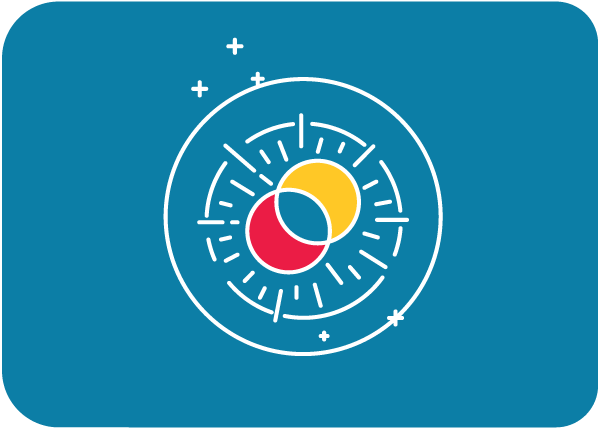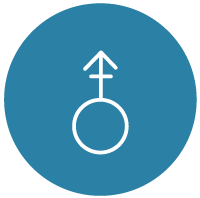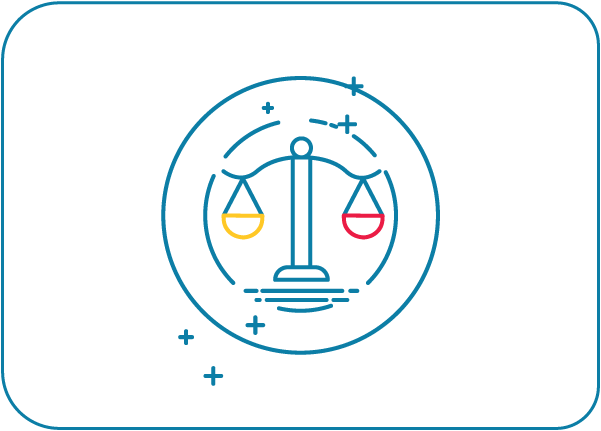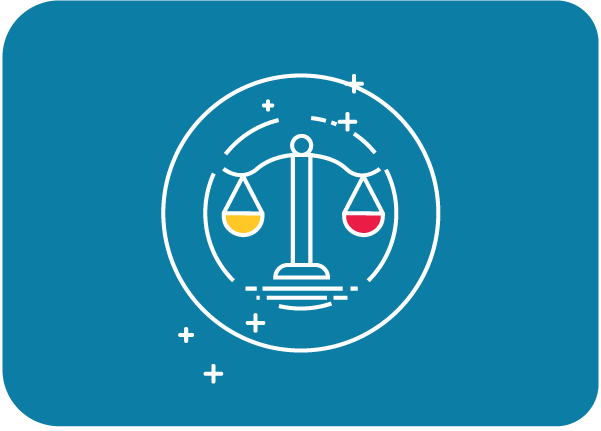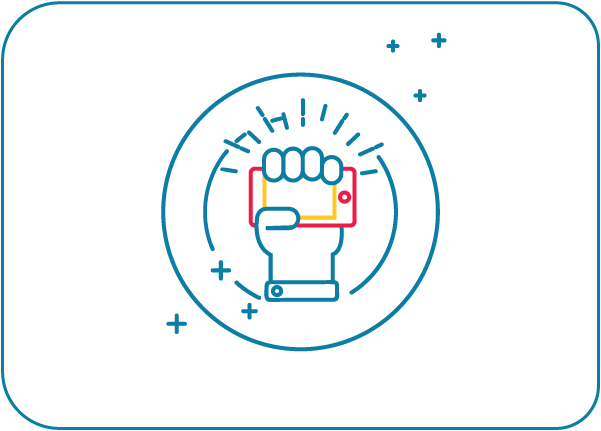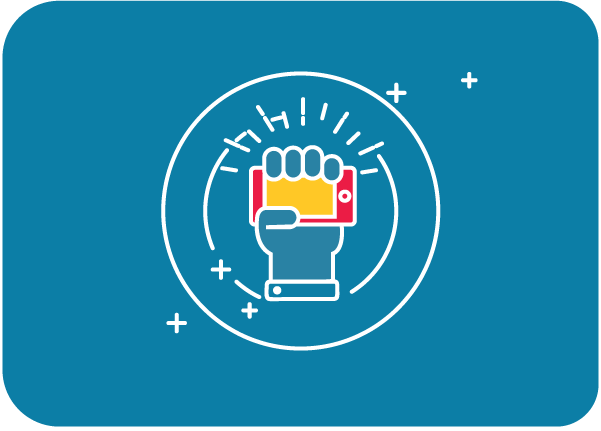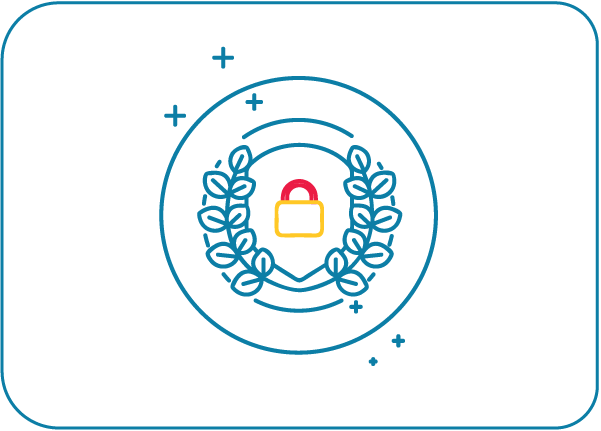Our work

Migrations
CILD works on making migration safer, looks at the rights of people who migrate, and seeks to overcome emergency approaches based on coercive policies that have been proven to have failed over time.
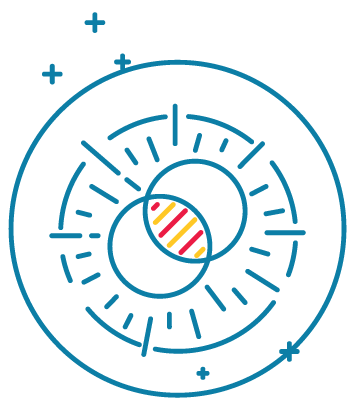
Equality and anti-discrimination
Discrimination can include insults, mistreatment, denial of access to services, social exclusion, and violence and can result from sexual orientation, ethnicity, religion, physical and social conditions. We work to combat discrimination and build a safe country for all people.
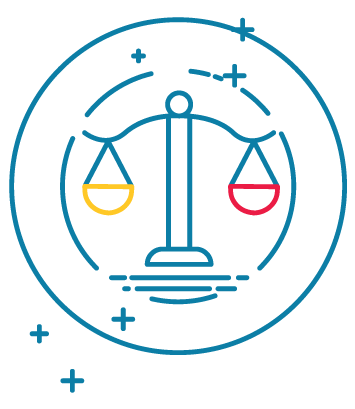
Civic participation
Civil society plays a fundamental role in democracies. Improving its visibility, access to the media, and interaction with decision-makers is one of the objectives that CILD pursues through projects, campaigns and initiatives.

Civil liberties in the digital age
Privacy, freedom of expression, but also the freedom not to be spied on, monitored and not to have one’s biometric data recorded. These are the risks linked to the development of new technologies that within this programme we seek to counteract.

Rule of law
CILD – and its member associations – monitor and defend the rule of law. The erosion of the rule of law, even on a single issue, can mean compromising the rights and freedoms of all people.



